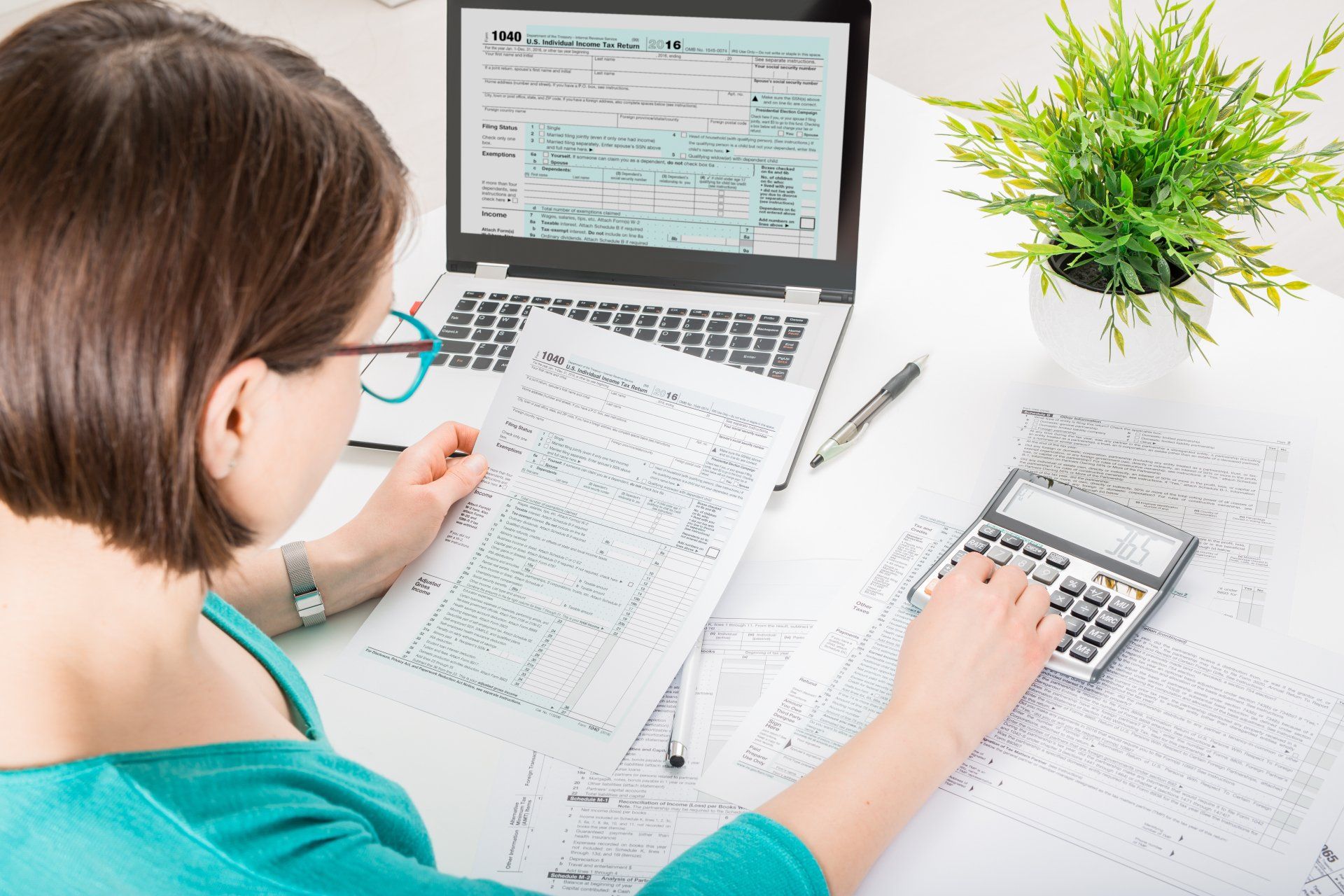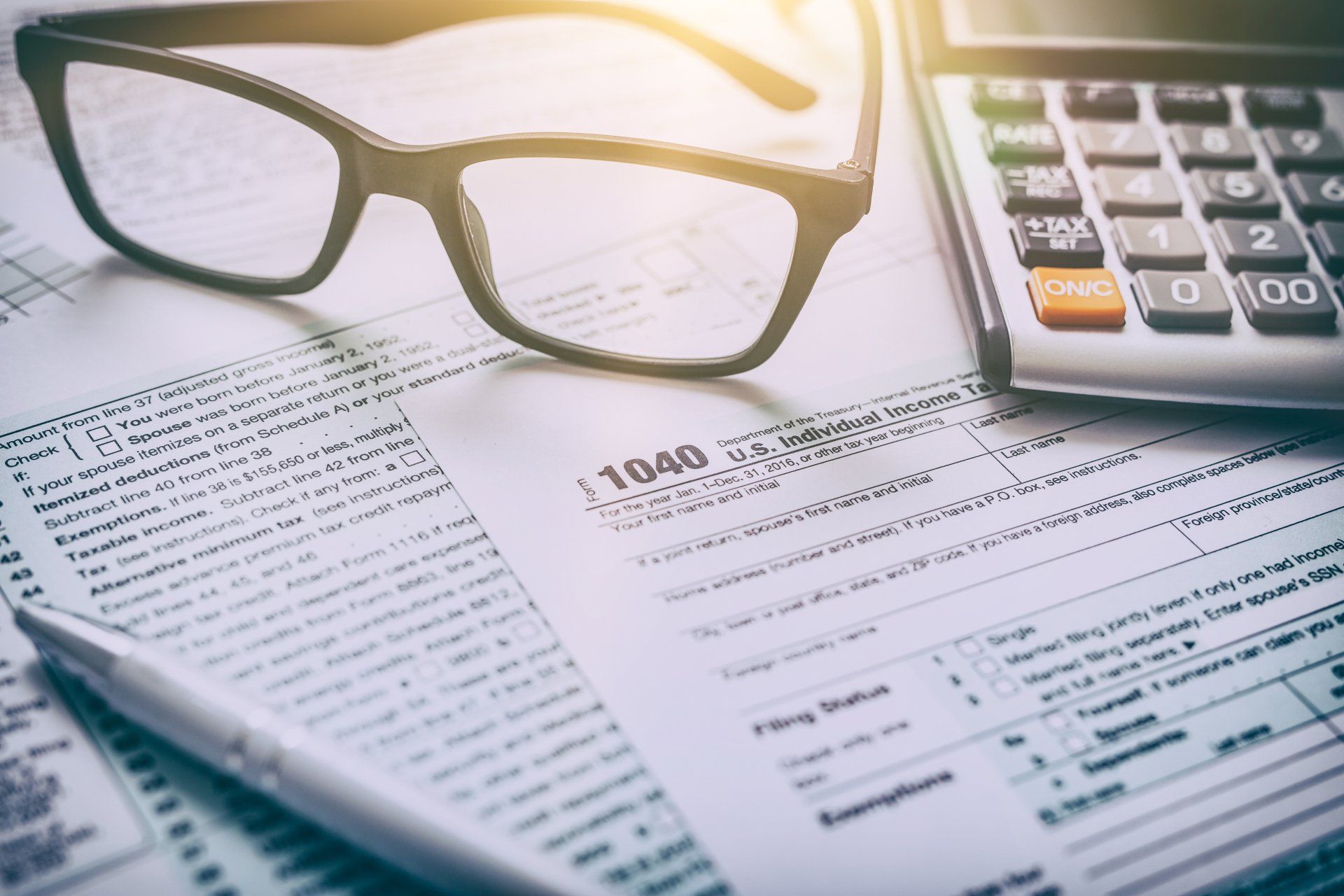House passes bill corona virus relief bill

Gregory S. Dowell
March 14, 2020
The House moved quickly over the weekend to pass HR 6201, as a response to the COVID-19 pandemic. The bill includes emergency family and medical leave benefits, emergency paid sick leave benefits, and employer and self-employed tax credits, as well as exclusion from employer FICA tax to help employers cover those benefits.
Employer tax credits. The Act provides tax credits to employers to cover wages paid to employees while they are taking time off under the bill’s sick leave and family leave programs. The sick leave credit for each employee would be equal to his wages, limited to $511 per day while the employee is receiving paid sick leave to care for themselves, or $200 if the sick leave is to care for a family member or child whose school is closed. An additional limit applies to the number of days per employee: the excess of 10 days over the aggregate number of days taken into account for all preceding calendar quarters.
The family leave credit for each employee is limited to $200 per day with a maximum of $10,000.
The credits are refundable to the extent they exceed the employer’s payroll tax.
Employers don’t receive the credit if they’re also receiving the credit for paid family and medical leave.
These rules apply only to wages paid with respect to the period beginning on a date selected by the Secretary of the Treasury which is during the 15-day period beginning on the date of the enactment of the Act, and ending on December 31, 2020. (Act Sec. 7001; Act Sec. 7003)
Comparable credits for self-employeds. The Act also provides for similar refundable credits against the self-employment tax. It covers 100% of a self-employed individual’s sick-leave equivalent amount, or 67% of the individual’s sick-leave equivalent amount if they are taking care of a sick family member, or taking care of a child following the child’s school closing. The sick-leave equivalent amount is the lesser of average daily self-employment income, or $511/day to care for the self-employed individual, or $200/day to care for a sick family member or child following a school closing.
Self-employed individuals could receive a family leave credit for as many as 50 days multiplied by the lesser of $200 or their average self-employment income.
These rules apply only to days occurring during the period beginning on a date selected by the Secretary of the Treasury, which is during the 15-day period beginning on the date of the enactment of this Act, and ending on December 31, 2020.
Employer FICA exclusion. Under the Act, sick leave and family and medical leave paid under the Act will not be considered wages under Code Sec. 3111(a) (employer tax – old age, survivors and disability insurance portion of FICA; 6.2%).










